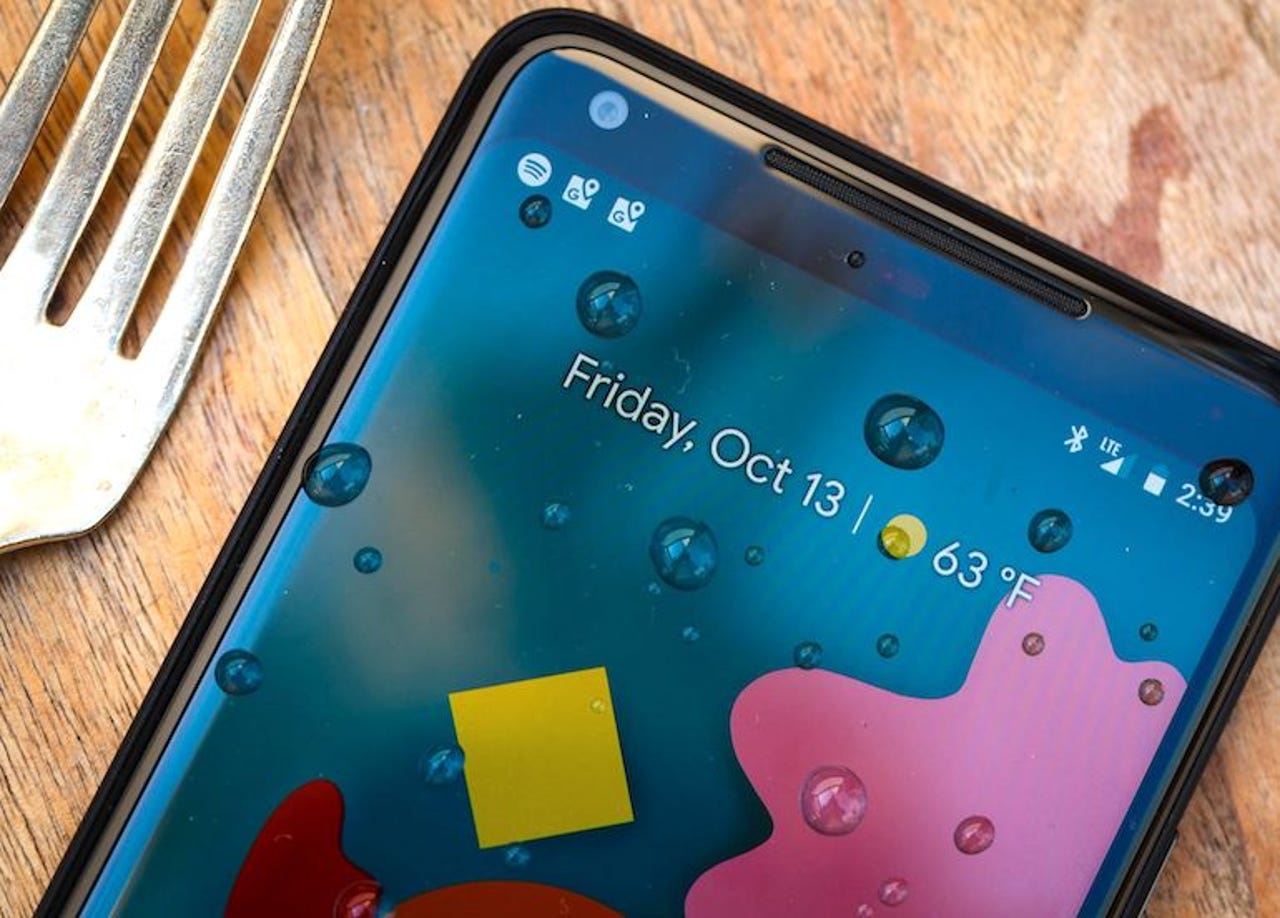Here's how Android P promises to protect your privacy


Android P may not yet have a name, but unofficially it could be named for "privacy." (Image: file photo)
Android L brought device encryption. Android M came with per-app permissions. Android N had seamless updates, and Android O landed with kernel hardening to make exploiting its innards more difficult than ever.
Now, Google wants to add a little more "privacy" to Android P.
The search, cloud, and mobile giant lifted the lid Wednesday on what security and privacy features it's packing in the latest version of its mobile operating system. The company has yet to announce a formal name or release date for the upcoming Android version, but revealed some features that'll land when it arrives.
Here's what Android P promises:
ENCRYPTED APP DATA TRAFFIC
Android P will default to enforcing HTTPS encrypted connections for all app traffic. Though it's not a requirement, apps will have to actively opt out of using HTTPS.
ENCRYPTED BACKUPS REQUIRE PASSCODE ON RESTORE
Android P will now require you to enter your passcode at the lock screen once you restore your encrypted backup from the cloud. Without it, Google says neither you nor anyone else -- including the company -- can access your data.
NO MORE SENSOR SPYING
Whenever an app uses a device sensor -- such as a microphone or camera, for example -- Android P will notify you with a persistent notification that it's happening.
Related: Need a secure smartphone? Answer is simple, experts say | Amazon's app store compromises Android security | Online security 101: Tips for protecting your privacy from hackers and spies | How your fingerprint could actually make your phone less secure | Americans "divided" on giving feds access to encrypted messages | Photos: The most secure Android smartphones
If an app -- like a voice recorder -- is idle and in the foreground while you're reading your email or browsing the web, the microphone will report empty audio and other sensors will stop reporting events, the company said.
NEW, CONSISTENT FINGERPRINT AUTHENTICATION
Android P will now provide a consistent popup whenever the operating system wants to authenticate the user with a fingerprint. Apps will be able to trigger the system's fingerprint dialog.
As incremental as the security and privacy features are, it's hard not to see many of the updates as reminiscent of similar features added by Apple to iPhones and iPads in recent years, which have largely been seen as "more secure" than other devices on the market.
But Google's catching up. Android P might give even the most ardent iPhone fans a run for their money.
Android P is slated to be available later this year.